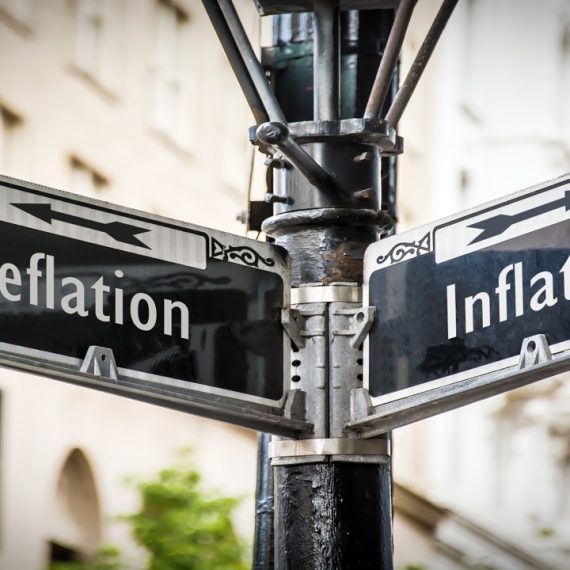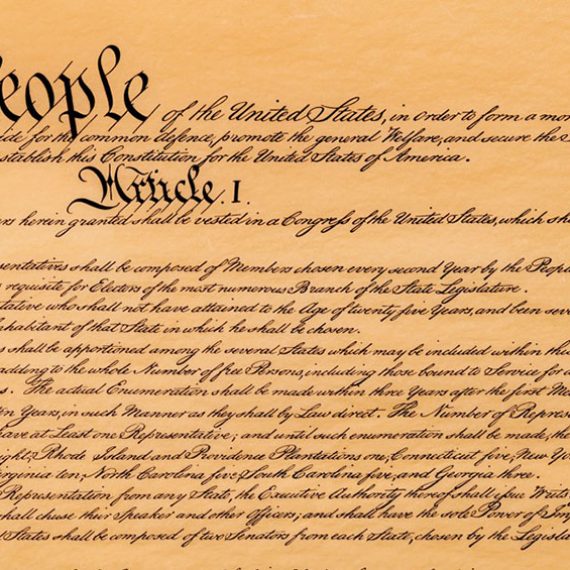April 28,2008 – There have been numerous media reports about food shortages around the globe and the resulting riots caused by empty store shelves. Usually missing from these reports though is the reason for the shortages.
The problem is not agricultural, but rather monetary. In other words, the problem is not too few food staples, but too much money – or too much fiat paper currency to be precise.
In contrast to the classical gold standard, there is today no discipline on the creation of money, with the consequence that it is being created to excess. Rising prices of all goods and services are the inevitable result, and what’s worse, surging inflation has become a global scourge. All currencies are being inflated. Only the rate of debasement is different.
In an inflationary environment, it is basic common sense that soaring prices will empty store shelves. This outcome is also the experience of countless inflationary episodes throughout history. People dump the depreciating currency in favor of tangible, useful assets, and basic staples are high on the list of things to acquire.
The following table of commodity prices is from the April 24th 2008 print edition of The Economist magazine. Note the monthly and yearly increases for food.

The 69.0% increase in food prices over the past year makes a mockery of government reported price indices. Their bogus reports obviously understate the true rate of monetary debasement.
There is of course another problem causing food shortages, and no, it is not the speculators being so roundly blamed by the media. Government – or governments to be more precise – is again the cause. Many of them are acting in ways that cause food shortages.
Price controls and other blunders by foolhardy governments have disrupted the market process. If there were no government meddling and markets were left unfettered, the market process would competently and economically allocate resources, goods and services. This point is skillfully addressed in a recent article by Sean Corrigan posted at the Mises Institute: www.mises.org
So far the food shortages and riots have occurred in countries with the worst inflation and most stringent government controls. But I expect these occurrences of shortages to broaden as inflation worsens. This point is being demonstrated by events presently taking place in the United States. Shortages of a few basic staples are developing.
Unfortunately, the response by some stores has not been constructive. Rather than increasing the price of goods being demanded, they are unilaterally acting to limit purchases by their customers. Perhaps they have been asked to take those restrictive steps by government agencies. Regardless of their motivation, these actions further disrupt the market process.
With the ongoing printing of fiat currency by governments around the world, inflation will worsen. Therefore, it is logical to conclude that there will be more so-called ‘shortages’ of food and other basic items.

 My objective is to share with you my views on gold, which in recent decades has become one of the world’s most misunderstood asset classes. This low level of knowledge about gold creates a wonderful opportunity and competitive edge to everyone who truly understands gold and money.
My objective is to share with you my views on gold, which in recent decades has become one of the world’s most misunderstood asset classes. This low level of knowledge about gold creates a wonderful opportunity and competitive edge to everyone who truly understands gold and money.
